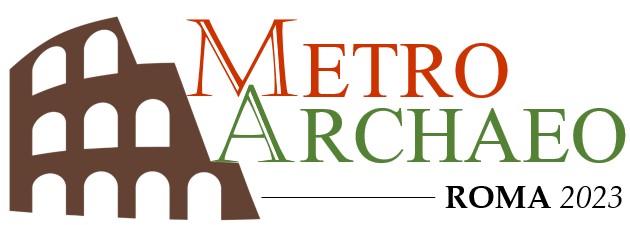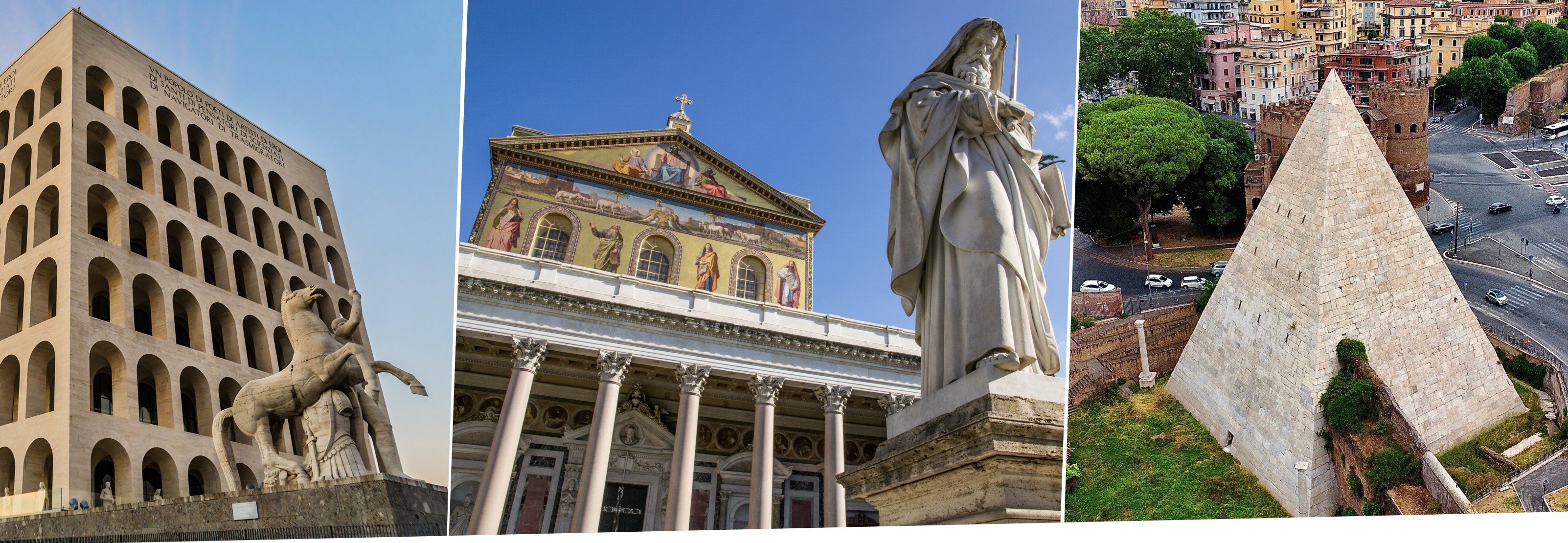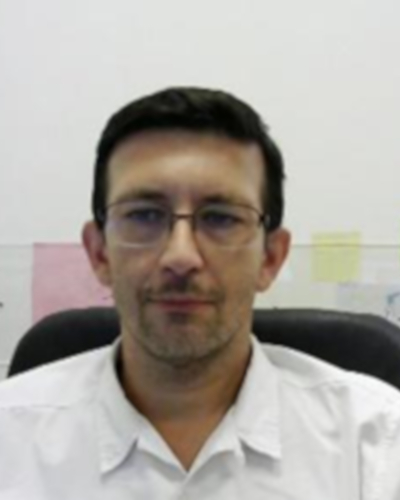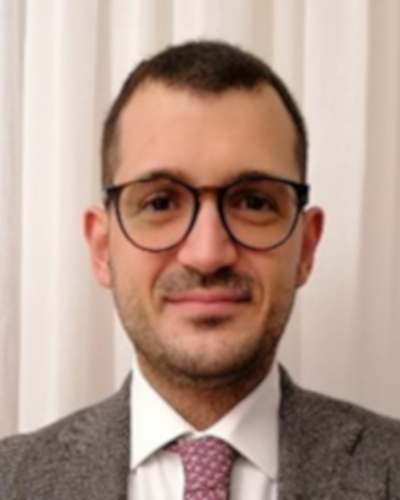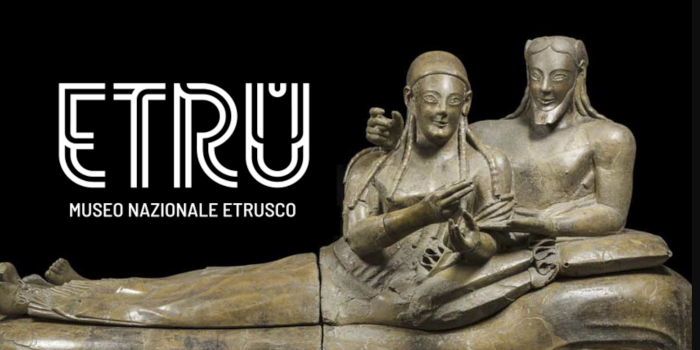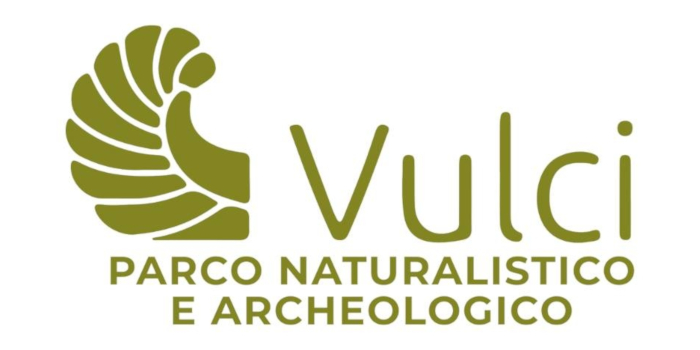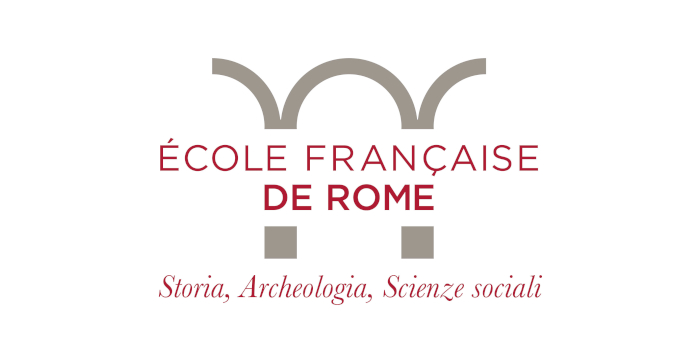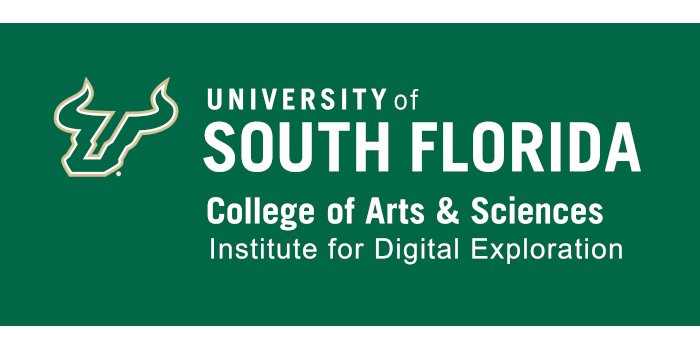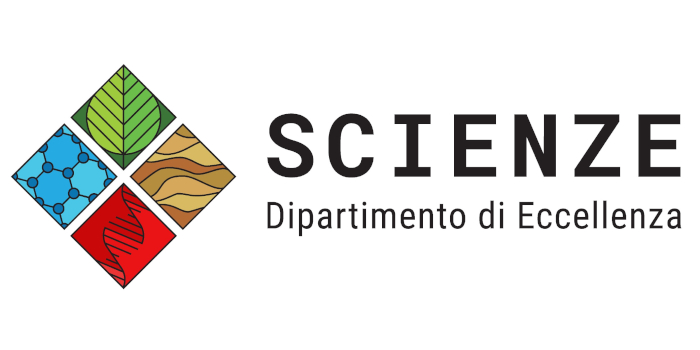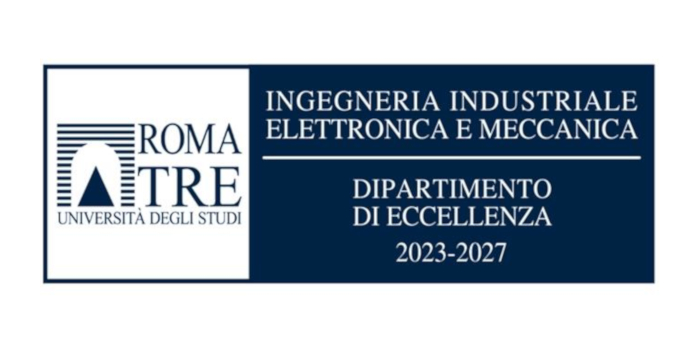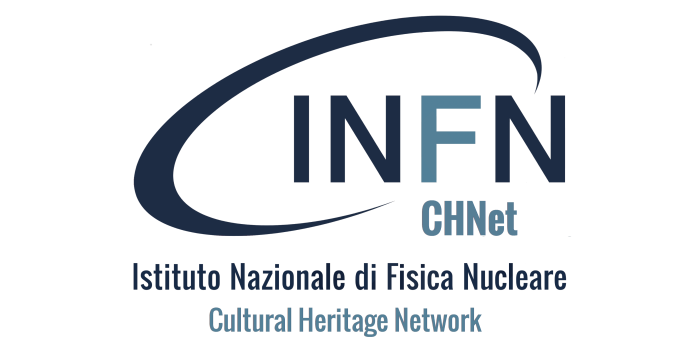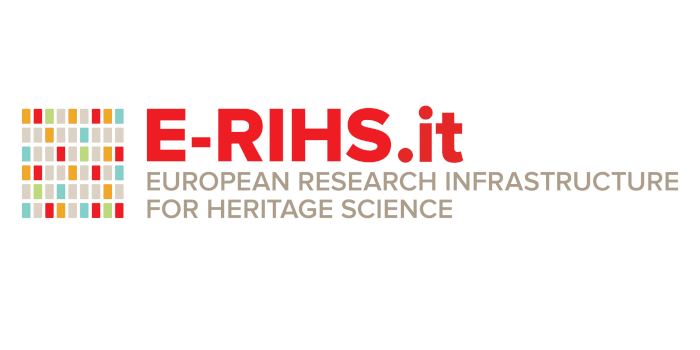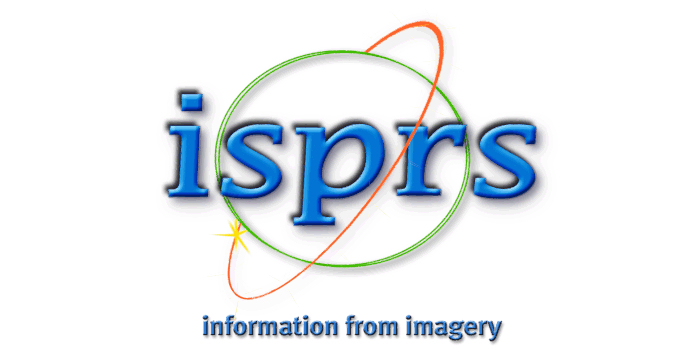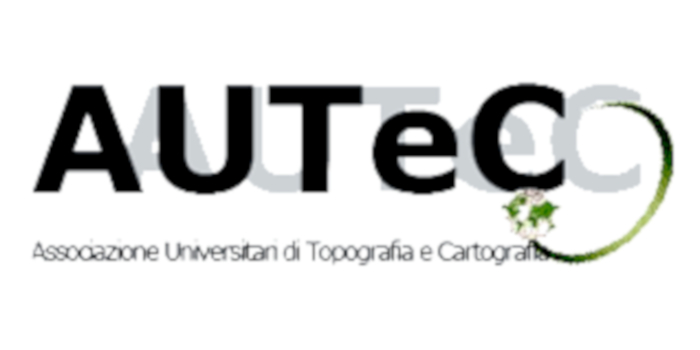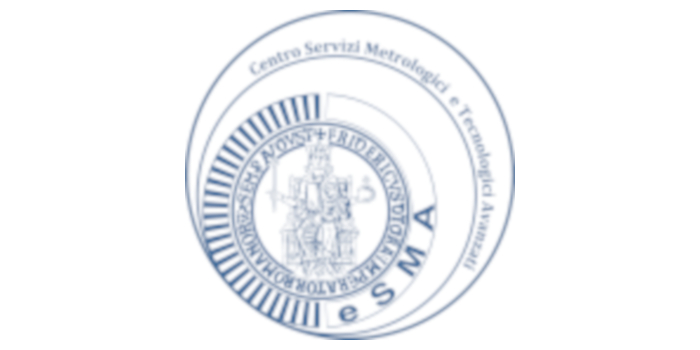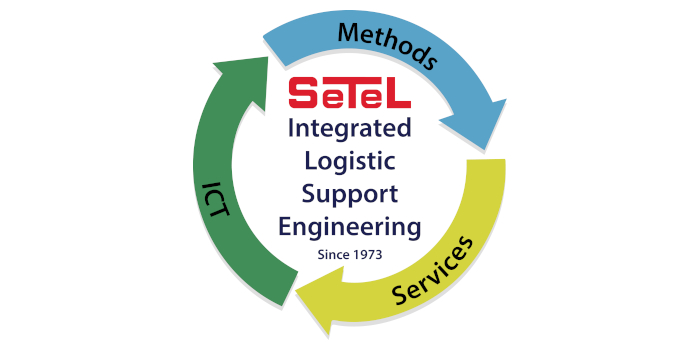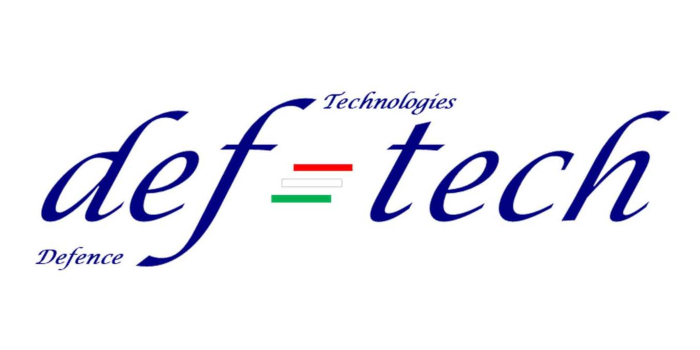SPECIAL SESSION #2
Measurement and Instrumentation for Structural Health Monitoring in Cultural Heritage Structures
ORGANIZED BY
Emanuele Rizzuto
Sapienza University of Rome, Italy
Livio D'Alvia
Sapienza University of Rome, Italy
Ludovica Apa
Sapienza University of Rome, Italy
ABSTRACT
In the preventive conservation of ancient buildings and structures, structural health monitoring (SHM) provides an essential framework for knowing the state and rate of deterioration, planning targeted interventions, and monitoring the applied consolidations over time. To this aim, new technologies are continuously proposed for the acquisition and elaboration of several parameters used for the health and safety assessment, and for the development of new mathematical models describing the structural behavior of buildings and sites.
MAIN TOPICS
Within such context, this special session focuses on the latest trends in sensors and sensor networks for structural monitoring and non-destructive testing and diagnosis techniques, as for example:
- Optical Fiber
- Thermal imaging
- Deformation analysis
- Sensor networks
- Contactless techniques
- Accelerometer
- Vibration sensors
- Strain measurements
ABOUT THE ORGANIZERS
Emanuele Rizzuto is Assistant Professor in mechanical measurements. His research activities are focused on Industrial and Biomedical applications. The main research tracks in Industrial applications concern the study of novel testing and monitoring systems for energy storage, the study of hydrogen production, and the study of novel self-monitoring materials for historic masonry and architectural heritage maintenance. As for as Biomedical applications are i) the development of new techniques for the measurement of cell cultures and ex-vivo engineered tissues mechanical properties for muscle defect repair, ii) the measurement of skeletal muscle contractile properties in genetic diseases and its role in the progression of the pathologies, iii) the measurement of NMJ functionality and its role in the altered communication between muscle and nerve in neurodegenerative diseases, iv) the measurement of bone biomechanical properties in cancer-related bone pathologies.
Livio D'Alvia (Ph.D.) graduated in Electronic Engineering in 2013 and received Ph.D. in Industrial and Management Engineering in 2018 from the University of Roma Tre and Roma La Sapienza respectively. Currently, he is a Research fellow in Industrial and Mechanical Measurements at the University of Rome La Sapienza, Italy. His current research spreads from the measurements for industrial and biomedical applications to the measurements for Cultural Heritage. In particular, his main research tracks focus on the measurement of environmental parameters that involve decay effects on materials. He is also interested in the study of the moisture levels measurement of cultural heritage materials through the non-invasive method. He is a member of the IEEE – IMS Instrument and Measurement Society, and IEEE Sensors Council.
Ludovica Apa received the master’s degree in biomedical engineering and the Ph.D. degree in Industrial and Management Engineering from the University of Rome ‘La Sapienza’, Italy, in 2016 and 2020, respectively. She is currently a Research fellow at the University of Rome ‘La Sapienza’. Her current research interests include the development and characterization of experimental systems for the measurements of cell and tissue biomechanical properties and their involvement in specific applications, such as bone cellular mechanotransduction and muscle tissue engineering.
